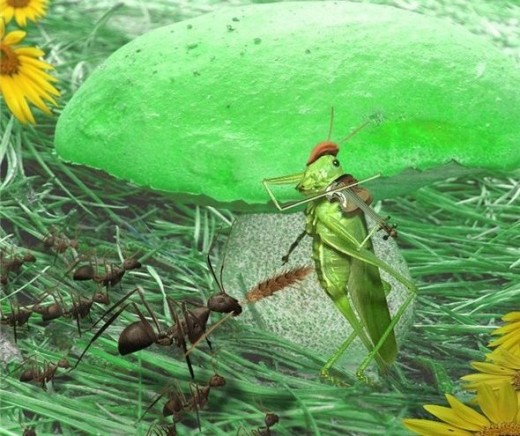Have you ever done comparison shopping and thought you were being a smart shopper? I have. This item is 50% off but that item is 75% off. The logical thing to do is buy the one with bigger savings, right?
Not always.
Dan Gilbert is a Professor of Psychology at Harvard. He tells us why we might be making mistakes because of our tendency to compare things in the wrong context. He begins with questions like, would you pay $25 for a Big Mac? Or, would you drive across town to save a $100? But Dan moves on to more serious questions. He has consulted with the Department of Homeland Security, so he talks of the reaction of terror caused by 9-11:
“We already know, in the United States, that more people have died as a result of not taking airplanes -because they were scared – and driving on highways, than were killed on 9-11”
Is our reaction disproportional to the threat? Was it worth going to war? Was it worth Obama signing a bill yesterday that took our right to trial in an effort to protect us from terrorists? Terrorists who caused more deaths by making us avoid airplanes than their actual act of terrorism? Regardless of your answers to these questions, realize this: The people who are the most aggressive about protecting America are the ones who are the most fearful, and fear can cloud our judgment.
In the end, Dan tells us how vital our mindfulness is to our future:
“We are the only species on this planet that has held its own fate in its hands…The only thing that can destroy us and doom us, is our own decisions.”
Follow me and I will take you away from the everyday.



